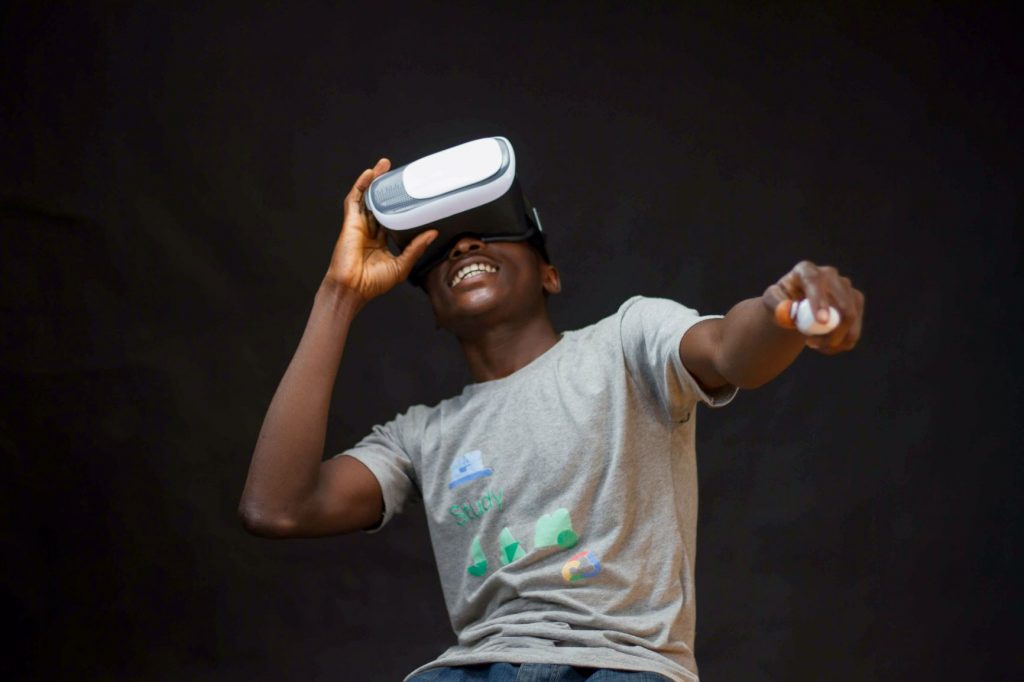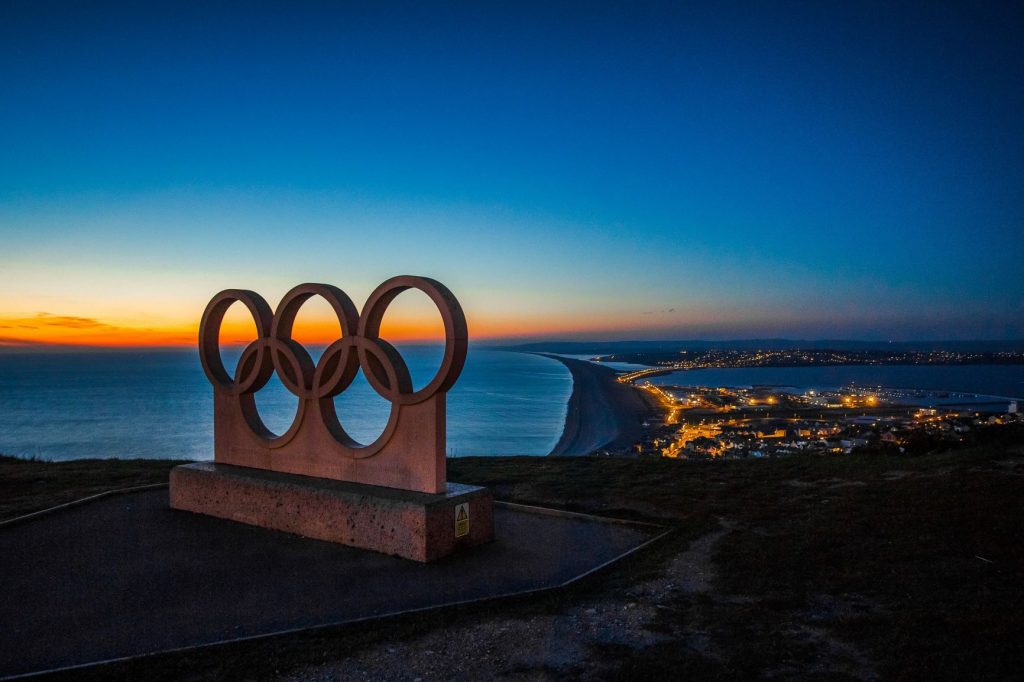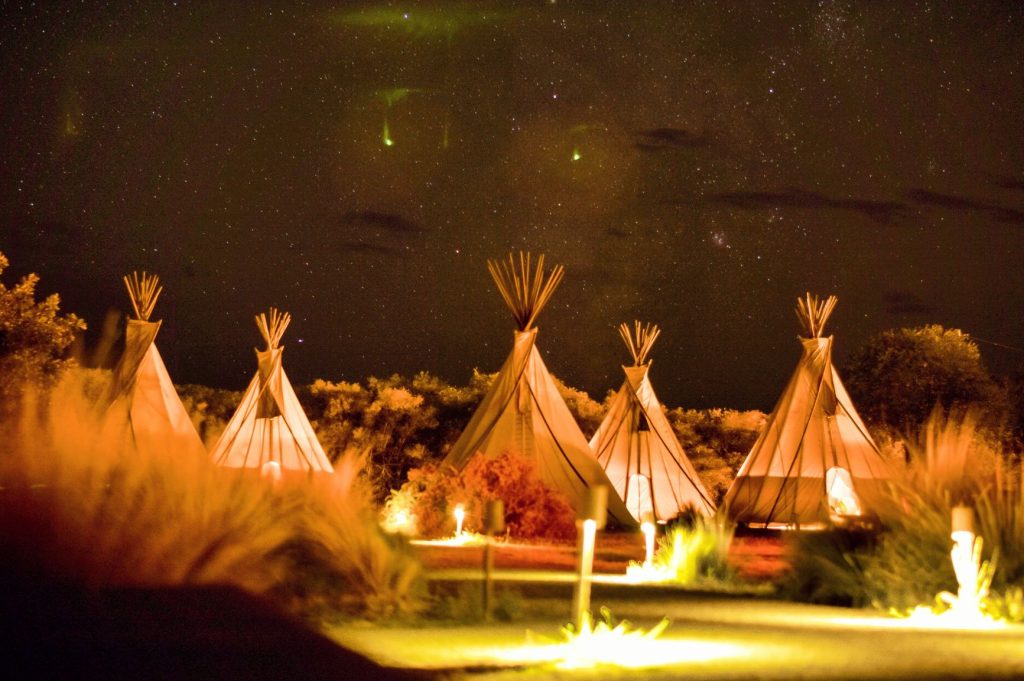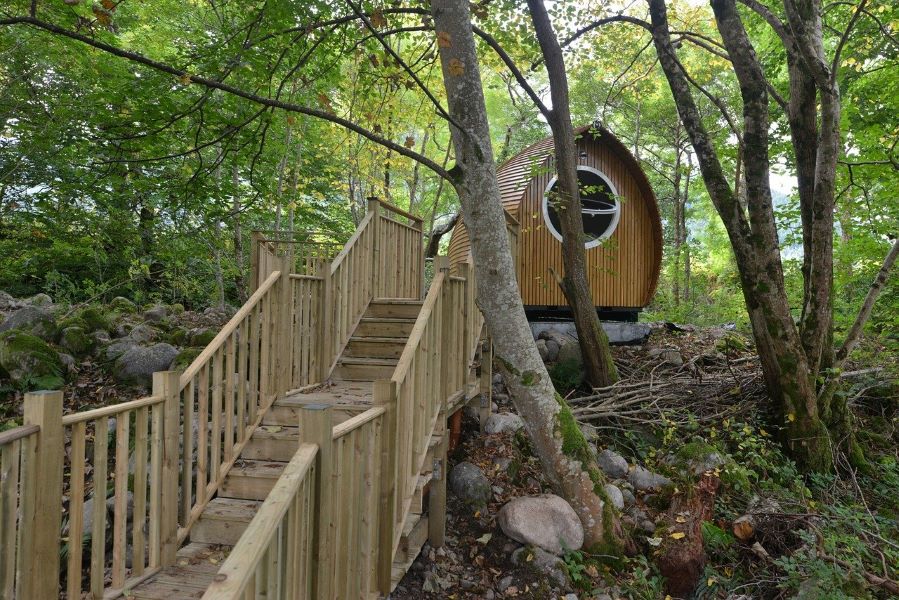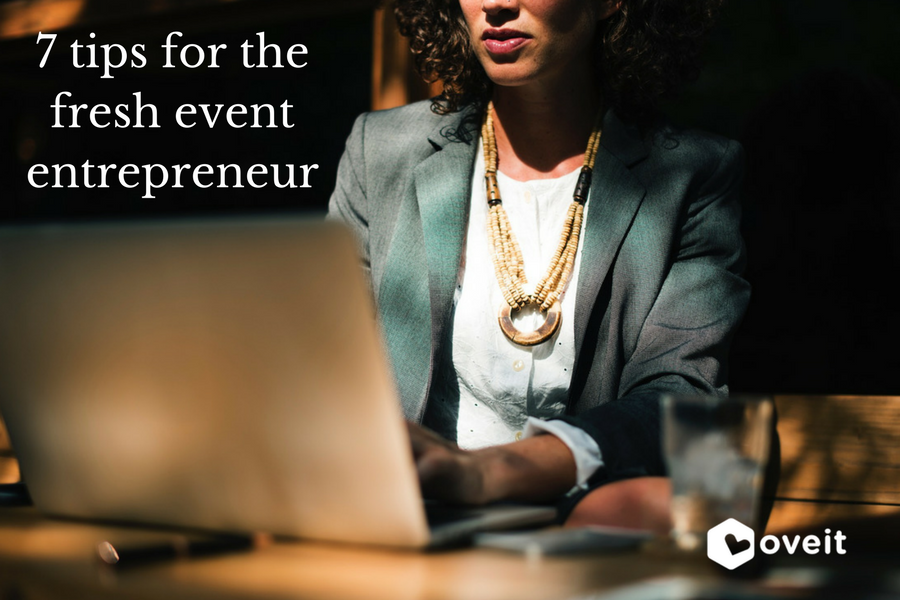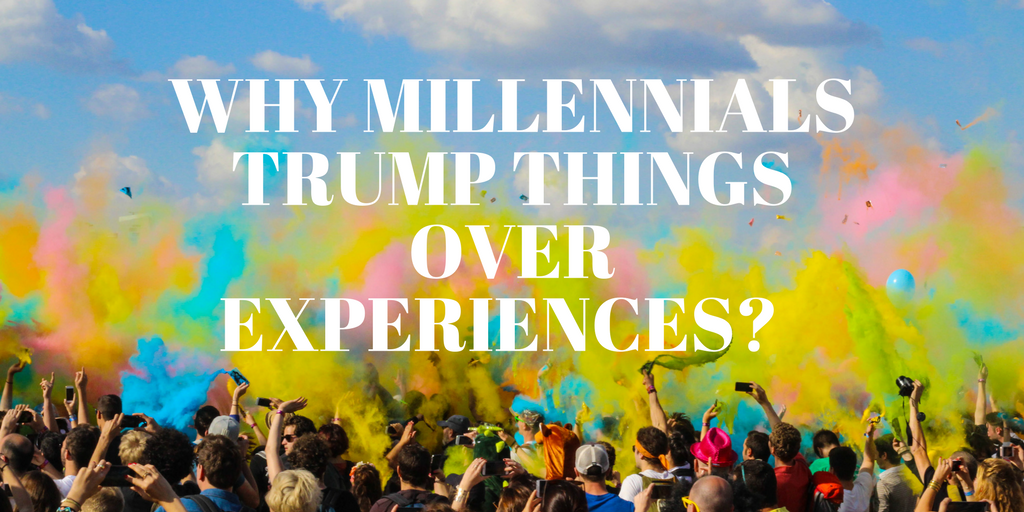The partnership is the next step forward, as part of the company’s strategy to move towards Web 3.0 and the Metaverse by incorporating experiential digital art in the form of AI NFTs.
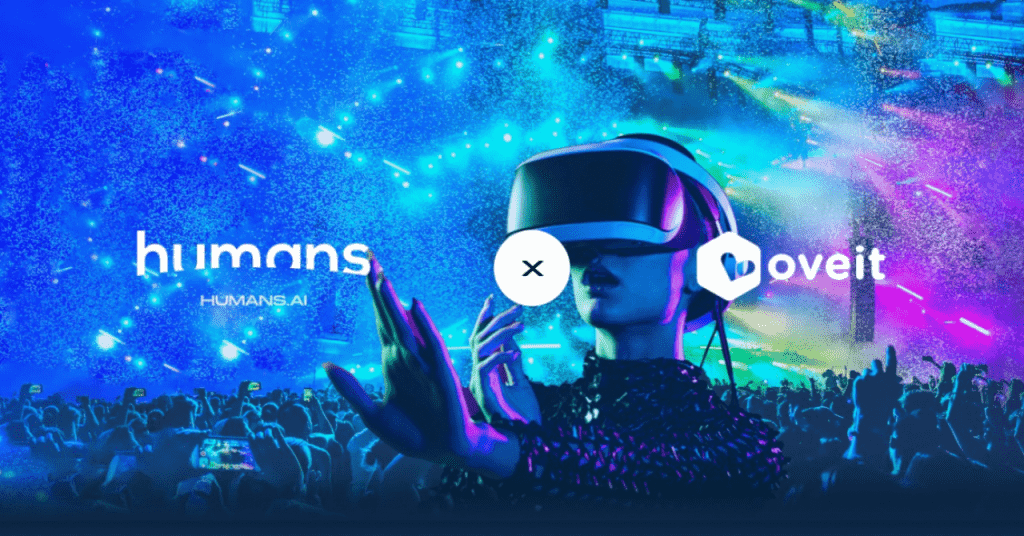
Oveit’s live stream shopping platform Streams.Live has also revolutionized the retail process for its clients in Europe and the United States in the past year, by changing the buying behavior. Online merchants have been able to connect much more authentically and in an interactive way with their target audience, using live online video sessions that simulate a personal experience.
Continuing to disrupt the live stream shopping experience, Oveit, which has become well known for its cashless payment solutions for events and venues, as well as solutions for access control and registration for virtual and live events, is developing new products to help its users stay connected by bridging online and in-person events with collectible tokens and creating experiential art with events tickets as AI NFTs, with the support of Humans.ai’s innovative technology.
“We believe the future of commerce is experiential and social. Artificial intelligence powered NFT ticketing for events will become the gateway to an unforgettable experience that now can be tokenized and held forever.”, said Mihai Dragan, COO at Oveit. “The AI NFT tickets will unlock more possibilities for Oveit, as we are rapidly moving towards Web 3.0 and the Metaverse with our solutions. Through our partnership with Humans.ai, event tickets will become so much more than just access codes. They will take the form of never before seen experiential digital art, in addition to ensuring access credentials and unique perks for events, empowering organizers to generate new revenue streams.” added Mihai Dragan.
Oveit’s AI NFT tickets will allow attendees access to both in-person and digital experiences, also holding special perks, created especially for events and a way of transforming unique moments into digital assets. The NFT tokenized tickets will enrich the experience with forever-lasting digital assets that will continue to bring in royalty long after the event is over.
“We are excited about working together with Oveit and helping them create, mint and sell AI NFTs as the next generation event tickets in the form of unique digital assets that can be used or sold through digital worlds, enriching their customers’ online experiences. The AI NFTs we are developing together will be much more than tokenized tickets, they will take the form of experiential art, allowing attendees access to both in-person and revolutionary digital experiences.”, said Sabin Dima, Humans.ai’s CEO.
Deep-tech company Humans.ai leverages blockchain technology and artificial intelligence to enhance the standard NFT and expand its functionality, transforming it from a static art form to an interactive and intelligent asset class capable of encapsulating neural networks or segments of a person’s digital DNA. The technology, named AI NFT, represents a new type of NFT that enables people to use their biometric data to create artificial intelligence solutions that are kept ethical by complex governance, consensus, and verification mechanism. Humans.ai’s unique consensus mechanism, Proof-of-Human, will be integrated to demonstrate there is a real human behind every transaction, making it more secure and trustworthy.
